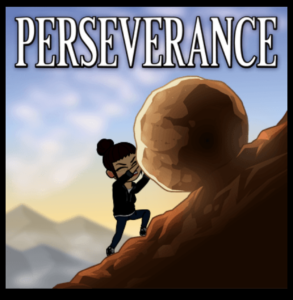
1 milligram!
I found this at my nearby Walgreens, and I was unbelievably thrilled! Children’s melatonin!
“Now, wait,” you’re saying. “That doesn’t sound like the Ellis I’ve been reading.” (And if you’ve ever heard even a small piece of my “Bad Pharma” rant, you’re especially confused.)
The reason I’m excited is NOT because I think we should be giving kids melatonin. I pretty frankly don’t think we should, at least unless all the other behavioral/psychological/family issues have been worked out and the problem is still there. Unsurprisingly, I’ve never had a family committed enough to go through that process.
Also, it doesn’t do very much, in children or adults. Here’s a meta-analysis for you – increases sleep time by 8 minutes. (It might work better in older adults?)
I AM excited, though, because there’s an easy-to-access 1mg dosage that adults can choose. I consistently have clients asking me about using melatonin. Of course, the first thing they get is a talk about sleep hygiene and a sleep hygiene info sheet! But, if they insist that they’re going to use it, they get a secondary talk about how the typical 3mg and 5mg dosing wildly, outrageously increases the amount of melatonin in your system (I mean 50x and more!). And when we flood our bodies with something that our bodies already make, our bodies quit making it. (This is how hormonal birth control typically works, btw. And it’s why testicles shrink when men are given supplemental testosterone.) Do clients with sleep problems want to shut down their bodies’ own melatonin production?? I doubt it.
Get this – I put “melatonin supplement” in Amazon and the first option was TEN MILLIGRAMS! I’m so pleased to at least have a less insane option to point clients toward.
You may want to read the National Sleep Foundation’s article about sleep and melatonin, as well.
Comment below with sleep tips, or general pharma rants. There will be more posts to come in this area, of course!


